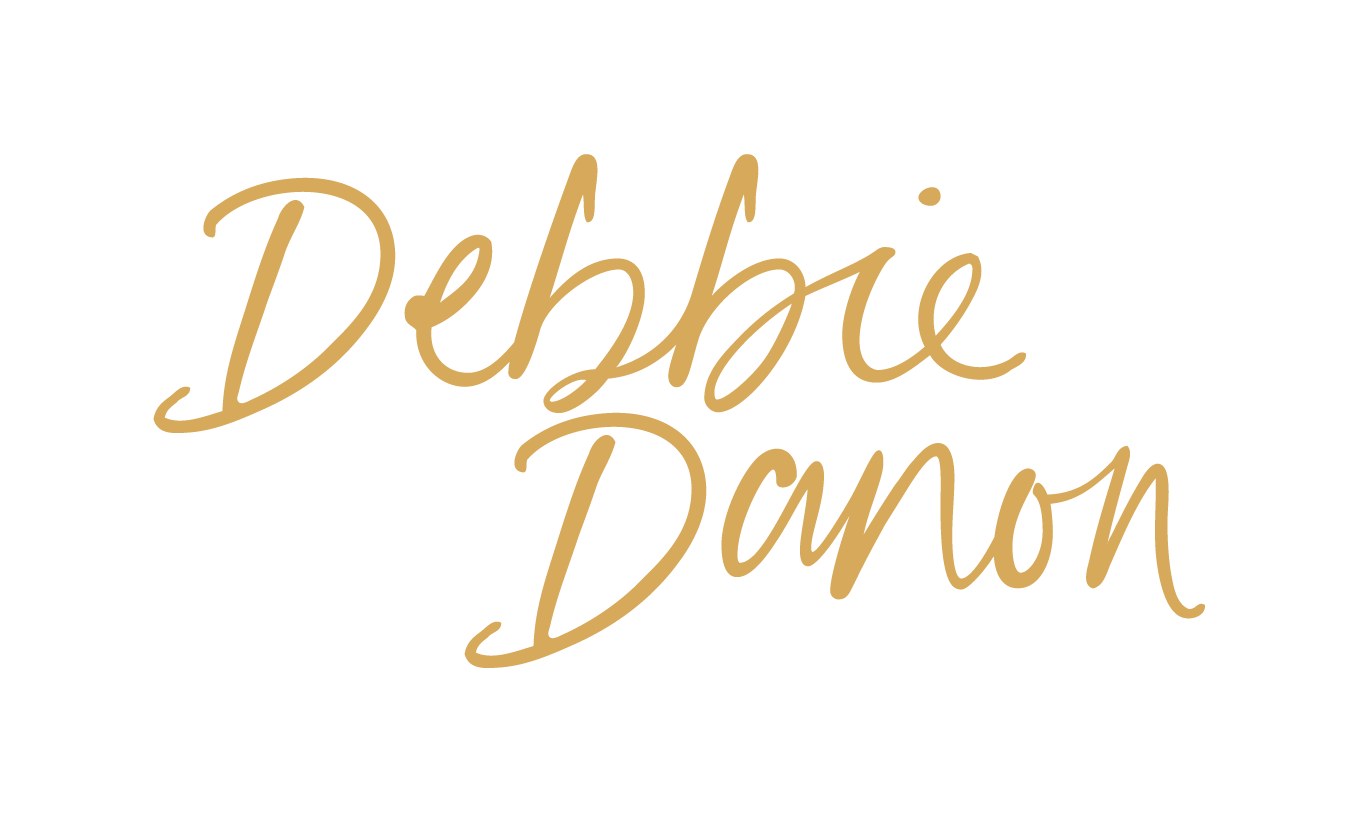3 Ways to Factor Faith into your DEI Work
It’s likely your Muslim team members, particularly women, are likely to be feeling a lot of feelings this week.
Last week Huda Jawad, Shaista Aziz and Amna Abdullatif launched a petition to ban racists from football for life, under the hashtag #TheThreeHijabis. They’re being hailed as national heroes and model allies, with 1,000,000+ signatures, huge media attention, and public thanks from Bukayo Saka. Using to their cheeky hashtag, they boldly position their identities as observant Muslim women as central, not coincidental, to their activism.
Simultaneously, the European Court declared that “a ban on wearing any visible form of expression of political, philosophical or religious beliefs in the workplace may be justified by the employer’s need to present a neutral image towards clients or to prevent social conflicts.”Let’s be real, when they say ‘neutral’ they mean white and secular/Christian.
And so, in the same week as #TheThreeHijabis were being celebrated under their tongue-in-cheek hashtag, Muslim women across Europe reignited a campaign started in April, #handsoffmyhijab to protest the decision.
(And before we say ‘That could never happen here,’ let’s not forget the 375% uptick in abuse against Muslims that Tell Mama recorded after Boris Johnson’s mocking comments about Islam. And that was before he was PM.)
It’s time to talk about faith. Not just once, but to integrate it into our understanding of equity and justice work. I used to do this all the time working in interfaith and faith awareness. Even now, when I suggest integrating faith into their DEI strategies, clients get nervous, fearing that conversations about faith can become a ‘hot potato.’
The good news is, my DEI leader friends – You’ve Got This!
The DEI champions I know who are brave, curious and capable. You absolutely already have the skills, qualities and readiness to learn to begin facilitating conversations about faith and belonging at work. Let’s use the current attention on Muslim women as a case study. Here are three (okay, four) ways to springboard into addressing faith at work, using skills you are already building:
1) Educate yourself
You know the drill. Don’t burden your Muslim colleagues or friends with extra emotional labour when there’s a world of Muslim female voices out there speaking about their faith experience. Check out credible sources like blog She Speaks We Hear https://shespeakswehear.com/, learn about how Islamophobia operates through Tell MAMA https://tellmamauk.org/, and amplify the #handsoffmyhijab movement on your social media accounts.
2) Factor in faith as an intersection
Faith, like any axis of identity, doesn’t exist on its own. Get curious about how faith operates as an intersection of oppression with gender, race, sexuality, dis/ability, and how that might determine someone’s experience. Read through your DEI strategy (if you have one) with new eyes and a pen, and ask – where is the intersection of faith addressed? In what ways might religious bias be operating in your recruitment processes? Where are provisions and protections in place? And where do you need more data? This is an area you could consult with faith-based affinity groups if your organisation has them, or with individual colleagues of faith if they consent to that.
3) Frame the conversation – in private, in public
Handling hot topics on any given day, DEI leaders are skilled at framing and facilitating conversation, even when emotions are stirred. How can you frame conversations to be about provision, safety and belonging? What support could you provide for your people when incidents that spark religious hatred blow up in the news? And on a public stage, how could you open up conversations about how people’s religious values and experiences make them the leaders they are? Now’s a great time to start planning public conversations for National Interfaith Week in November (just as long as the conversation doesn’t stop and start there!).
Okay then, one more…
4) Don’t worry if you get it wrong – you’ll put the work in to put it right
When I ran my former company with my incredible Muslim business partner, I got it wrong a bunch of times. I stumbled in my privilege of being white-passing and non-Muslim, taking up space where I should have passed the mic. But I learned to work through my guilt and shame. I figure out what I really needed to apologise for (no more knee-jerk apologies) and took accountability. And - with her grace and friendship - that muscle got stronger over time.
DEI Leaders always amaze me with their humility and ability to model how to process shame and turn mistakes into learning. So be brave and try something new to integrate factor faith into your DEI work.
If you’re curious about how to deepen your leadership in Diversity, Equity and Inclusion, I’d love to hear from you. Get in touch - jot me a note or sign up to my mailing list for inspiration like this straight to your inbox.



